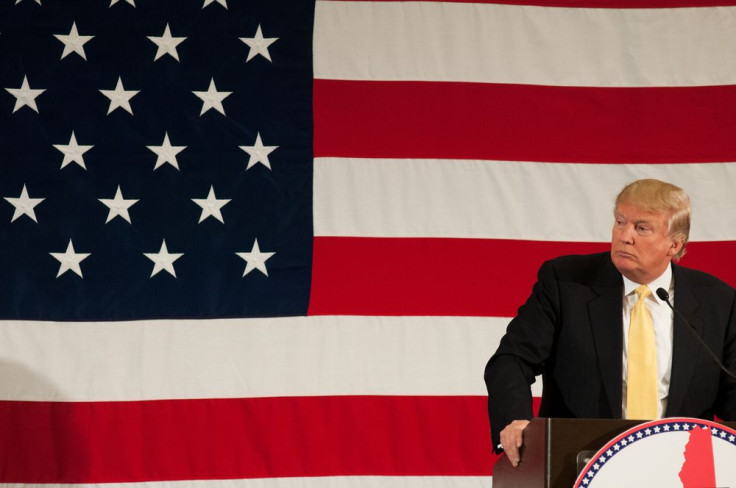China threatened to take countermeasures if Washington would refuse to lift its U.S. visa restrictions for Chinese reporters. On Friday, the U.S. announced that it would only issue 90-day work visas for Chinese reporters, with no option of extension.
While previous visas were open-ended and did not require an extension, visas issued to Chinese reporters starting Monday, May 11, are only good for 90 days and non-extendable. That means that under the new restriction, Chinese reporters are not allowed to apply to extend their U.S. visas even if they move to a different company or type of reporting.
The decision to restrict Chinese reporters’ U.S. visas is America’s latest move in the two nations’ ongoing spat over journalistic freedom. According to American officials, the rules are necessary to counterbalance the “suppression of independent journalism” in China. However, it also raises the likelihood of retaliation from China against American journalists.
While the new rules only apply to Chinese reporters and Chinese citizens working for non-Chinese foreign outlets, both independent Chinese journalists in the U.S. and American journalists who are currently based in China have expressed their concerns about the future of their work because of the new rules.
It can be recalled that back in March, China also moved to expel almost all American journalists from huge publications such as The New York Times and The Wall Street Journal, saying that the move was “entirely necessary and reciprocal.” The expulsion came after the U.S. State Department reduced the staff members of five Chinese media outlets from 160 to 100.
On Monday, the Chinese foreign ministry called out the U.S. government for singling out reporters carrying Chinese passports, arguing that the imposition of new rules only escalates the U.S.’ conflict with China over each other’s media presence abroad.
The diplomatic relations between the two nations deteriorated as Donald Trump accused China of deliberately not warning the international community of the threat of the virus, causing the outbreak to become a pandemic. Since the outbreak started in Wuhan in early January, the coronavirus has already infected more than 4.1 million and killed more than 282,000 people worldwide.

© 2025 Latin Times. All rights reserved. Do not reproduce without permission.



